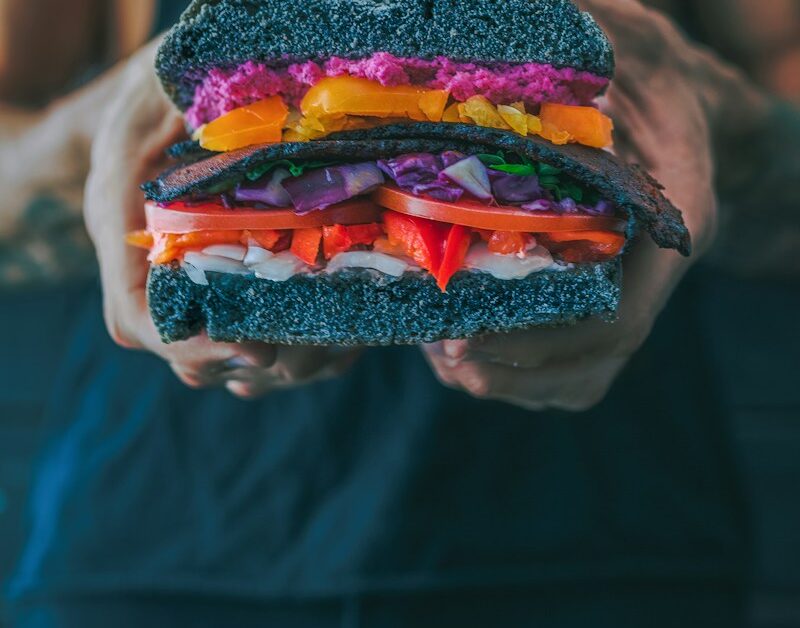Is coffee vegan?
As the popularity of veganism continues to rise, many individuals are questioning whether their favorite beverages, such as coffee, align with their plant-based lifestyle. Coffee is a beloved beverage consumed by millions of people worldwide, but is it truly vegan? In this article, we will explore the various aspects of coffee production and consumption to determine whether coffee can be considered vegan-friendly.
The nature of coffee beans
Coffee beans, the primary ingredient in coffee, are derived from the seeds of the Coffea plant. These beans are naturally vegan as they are a plant-based product. However, the process of turning coffee beans into the beverage we enjoy involves several steps that may raise concerns for vegans.
Animal exploitation in coffee production
While coffee beans themselves are vegan, the production process can involve animal exploitation in certain cases. Here are some examples:
- Animal labor: In some regions, coffee beans are harvested using animals, such as elephants or monkeys, to pick the ripe cherries. This practice, known as animal labor, raises ethical concerns for vegans who oppose the use of animals for human benefit.
- Fertilizers: Coffee plants require fertilizers to grow, and some fertilizers may contain animal by-products. However, many coffee producers now use vegan-friendly fertilizers made from plant-based materials.
- Deforestation: The expansion of coffee plantations can lead to deforestation, which negatively impacts animal habitats and biodiversity. Sustainable and shade-grown coffee production methods can help mitigate this issue.
Non-dairy milk options
One of the main concerns for vegans when it comes to coffee is the choice of milk or creamer. Traditional dairy milk is derived from animals and is therefore not vegan. However, there are numerous non-dairy milk alternatives available that are suitable for vegans, such as:
- Soy milk
- Almond milk
- Oat milk
- Coconut milk
- Rice milk
These plant-based milk alternatives can be used as a substitute for dairy milk in coffee, allowing vegans to enjoy their favorite caffeinated beverages without compromising their ethical beliefs.
Certifications and labels
When purchasing coffee, vegans can look for specific certifications and labels that indicate the product aligns with their values. Some of the certifications to consider include:
- Organic: Organic coffee is grown without the use of synthetic fertilizers or pesticides, which can harm the environment and potentially involve animal exploitation.
- Fair trade: Fair trade coffee ensures that farmers receive fair wages and work in safe conditions. While this certification does not directly address vegan concerns, it promotes ethical practices in the coffee industry.
- Rainforest Alliance: Coffee with the Rainforest Alliance certification is produced using sustainable methods that protect wildlife and ecosystems.
By choosing coffee with these certifications, vegans can support ethical and sustainable practices in the coffee industry.
Conclusion
While coffee beans themselves are vegan, the production and consumption of coffee can involve various ethical considerations for vegans. Animal labor, fertilizers, and deforestation are some of the concerns associated with coffee production. However, by opting for non-dairy milk alternatives and looking for certifications that promote ethical and sustainable practices, vegans can enjoy their coffee while staying true to their values.
